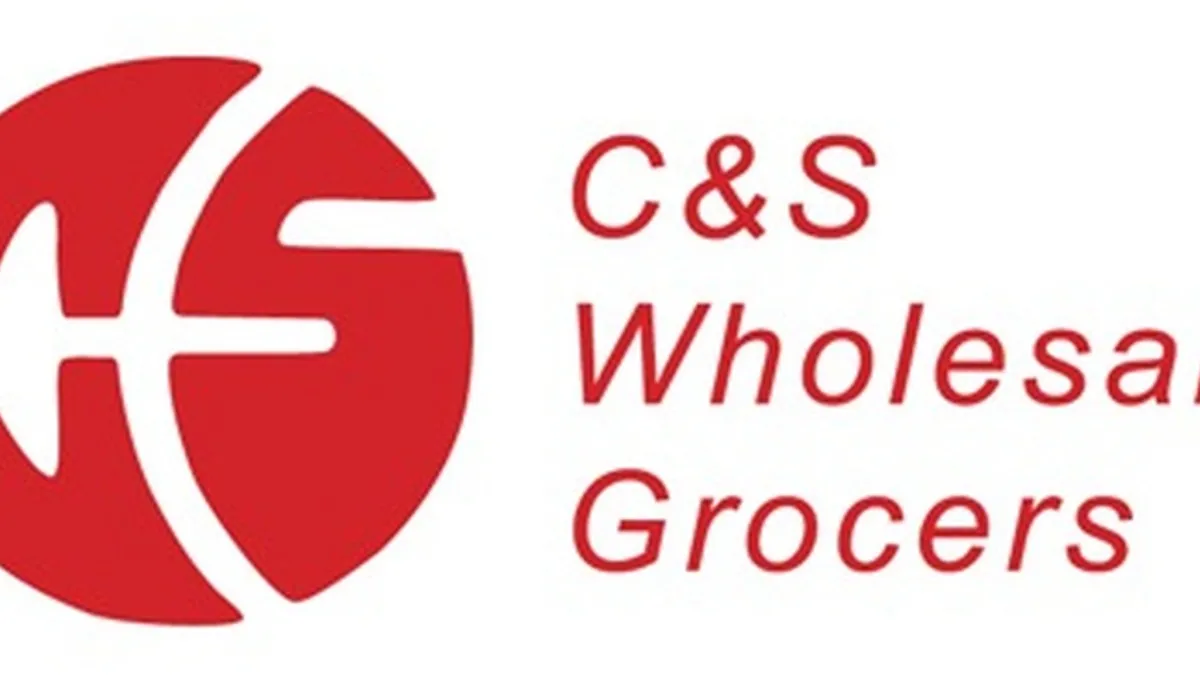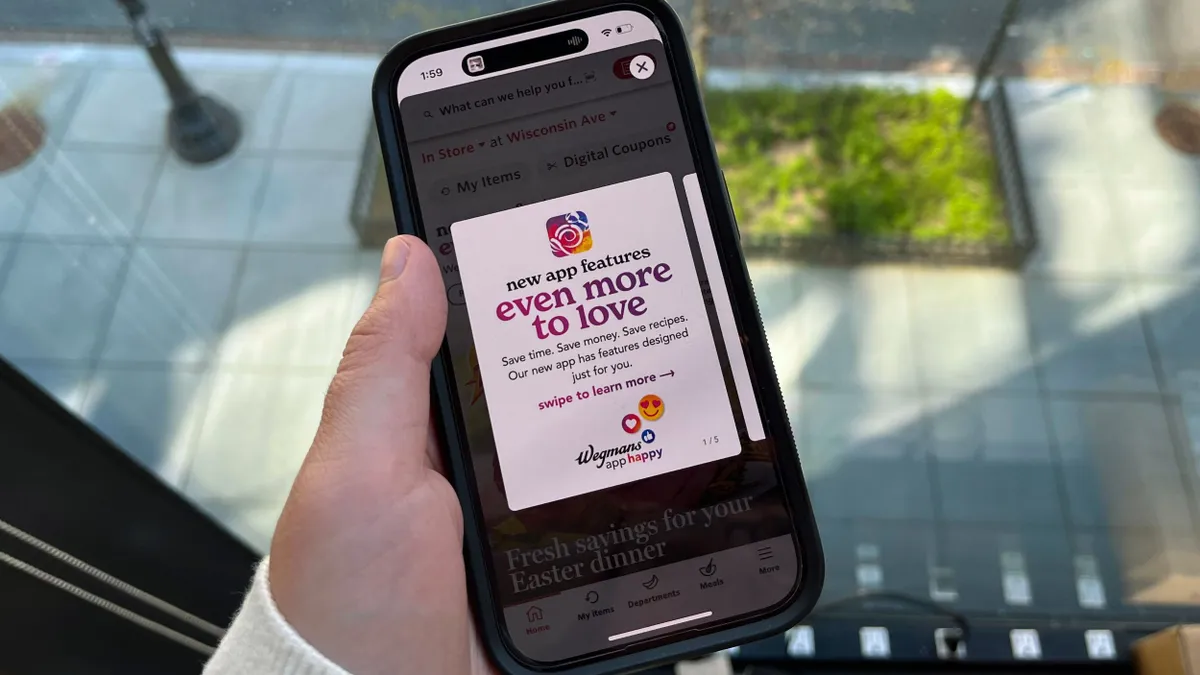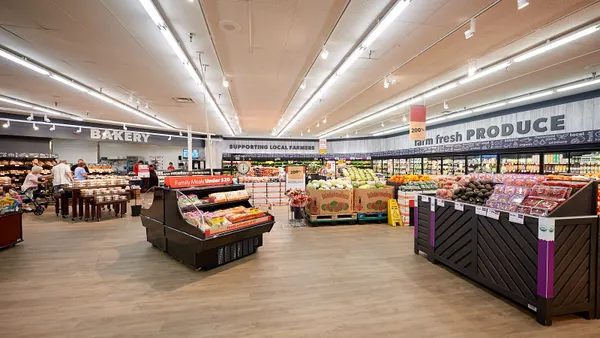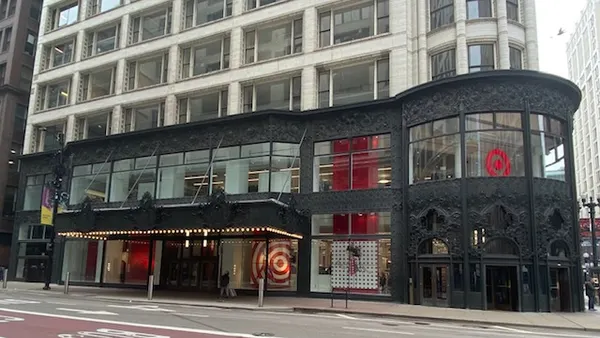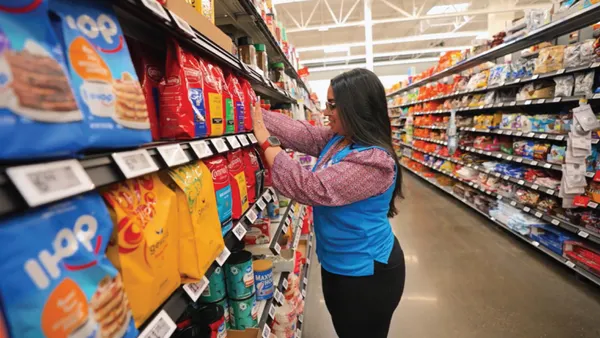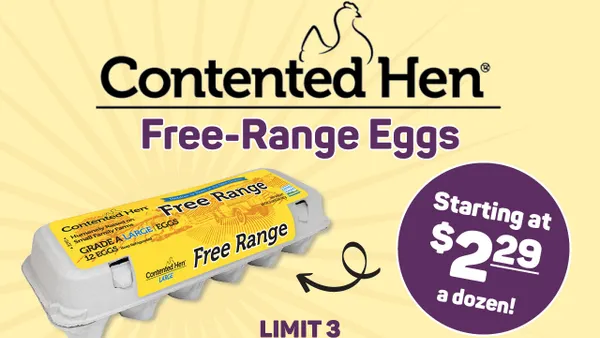Dive Brief:
- Fairway Market has been put up for sale again, according to Bloomberg. The New York City-based retailer emerged from bankruptcy only three years ago under new owners. The grocer’s sponsors, Brigade Capital Management and Goldman Sachs, have started looking for bidders and have reportedly received interest from potential buyers.
- Fairway operates 15 grocery stores and four wine stores in the New York City metro area. CEO Abel Porter, who took over in 2017, told Bloomberg last year the grocer would focus on produce, in-store services and online sales.
- Following its Chapter 11 bankruptcy filing in 2016, Fairway's new owners brought its debt down to $84 million from $300 million. Fairway arranged a second debt overhaul in 2018 with a five-year plan.
Dive Insight:
Independent upscale grocers continue to struggle as traditional supermarkets and e-grocers offer a wide array of organic, local and artisanal products that once made these grocers unique.
The issue is even more intense in New York City, where services like FreshDirect and other e-commerce players are making shopping in the congested city easier for busy, on-the-go consumers. Meanwhile, banners like Trader Joe’s and Whole Foods are tapping into Fairway’s pool of customers.
That’s not the say the retailer doesn’t have a loyal consumer base. Founded in 1933, Fairway owns stores with prime retail space in Manhattan and Brooklyn, as well as locations in Connecticut, Long Island and New Jersey. Lines in its New York City stores are often wrapped around the building, Bloomberg noted.
To the eye of the shopper, Fairway hasn’t shown signs of struggle. In June, the company opened a cooking school in its Upper West Side location to attract customers into the store. That same month, it began using a digital procurement system to source locally grown foods and curate its offerings. A year prior, it unveiled a mobile scan-and-pay app that's now available at all 15 locations. Fairway recently added more foodservice options, and offers delivery through Instacart and Shipt.
Independent retailers across the U.S. are fighting to stay competitive. The National Grocers Association's 2018 Independent Grocers Financial Survey found that independent grocers’ same-store sales were down 0.6% in 2017, but their margins were slightly up. About 71% of those surveyed said they were optimistic about the future of their business. Last year, the total number of independent grocery stores dropped slightly, according to Statista.




